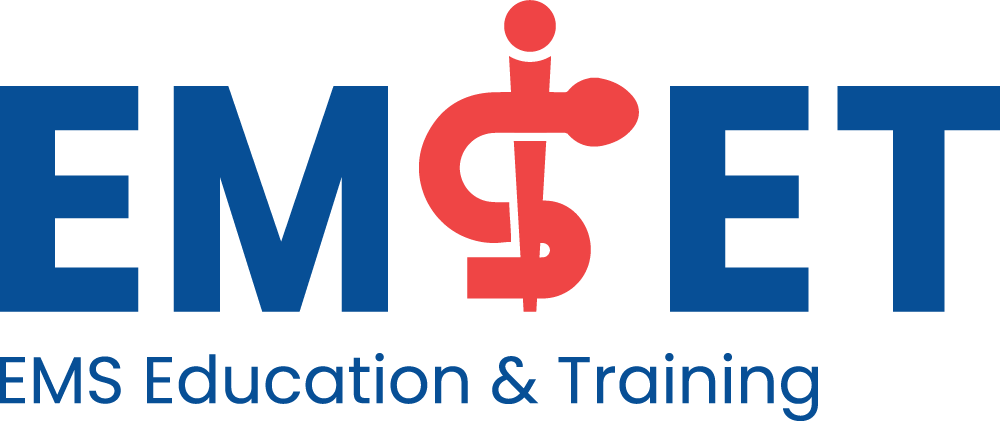This concise workshop, “Intussusception: An Overview,” provides an essential guide to intussusception, a condition where a part of the intestine telescopes into itself, leading to bowel obstruction. It covers the typical presentation in young children, key symptoms including sudden abdominal pain, vomiting, and the passage of “currant jelly” stools, diagnostic approaches, and treatment options, primarily […]
This quick workshop, “Migraine Headaches: Signs and Symptoms,” offers healthcare professionals an overview of the key characteristics of migraine headaches. It discusses the typical features such as unilateral pulsating pain, nausea, vomiting, and sensitivity to light and sound. Additionally, it touches on the prodrome and aura phases that can precede the headache, helping practitioners recognize […]
This concise workshop, “Acute Stroke in the ED: Stroke Screening Tools,” provides emergency department (ED) personnel with an overview of the key screening tools used to quickly identify and assess acute stroke patients. It covers the use of validated tools like the NIH Stroke Scale (NIHSS), FAST (Face, Arm, Speech, Time) test, and others, highlighting […]
This workshop, “Eclampsia: Goals of Care,” outlines the management strategies for eclampsia, a severe complication of pregnancy characterized by seizures. It covers the primary goals of care including seizure control using magnesium sulfate, blood pressure management, and prompt delivery of the baby when appropriate. The session emphasizes the importance of multidisciplinary teamwork, continuous monitoring, and […]
This concise workshop, “Forensic Evidence in ED: Collection and Preservation Tips,” provides emergency department (ED) professionals with crucial guidance on handling forensic evidence. It covers the identification, collection, and preservation of evidence in cases of trauma, assault, and other incidents requiring legal investigation. Participants will learn best practices for documenting injuries, securing samples, and maintaining […]
This brief workshop titled “Recognising Sepsis: Cold Sepsis” focuses on identifying and managing cold sepsis, characterized by vasoconstriction and hypoperfusion, leading to cold, pale, and clammy skin. It covers the pathophysiology, early warning signs, and critical differences from the more commonly known warm septic state. Participants will learn the importance of prompt recognition and treatment […]
This workshop, “Life-threatening Asthma: Recognition and First 20 Minutes,” offers healthcare professionals guidance on identifying signs of life-threatening asthma and implementing immediate interventions. It covers the critical steps to take within the first 20 minutes of presentation, including assessing airway patency, delivering high-flow oxygen, and administering fast-acting bronchodilators. The session aims to equip participants with […]
This brief workshop titled “Patient History Taking: Commonly Used Mnemonics” introduces healthcare professionals to effective mnemonic strategies for thorough patient history taking. It covers popular mnemonics like SOAP (Subjective, Objective, Assessment, Plan), OPQRST (Onset, Provocation, Quality, Region/Radiation, Severity, Time), and SAMPLE (Symptoms, Allergies, Medications, Past medical history, Last meal, Events leading up to the illness/injury). […]
This quick workshop titled “Hypovolaemia vs. Dehydration” clarifies the distinctions and similarities between hypovolemia, a decrease in blood volume, and dehydration, a reduction in total body water. It covers the causes, symptoms, and management strategies for each condition, highlighting the importance of accurate assessment to guide effective treatment. Participants will learn to differentiate these often-interchanged […]
This quick workshop titled “Hypovolaemia vs. Dehydration” clarifies the distinctions and similarities between hypovolemia, a decrease in blood volume, and dehydration, a reduction in total body water. It covers the causes, symptoms, and management strategies for each condition, highlighting the importance of accurate assessment to guide effective treatment. Participants will learn to differentiate these often-interchanged […]

